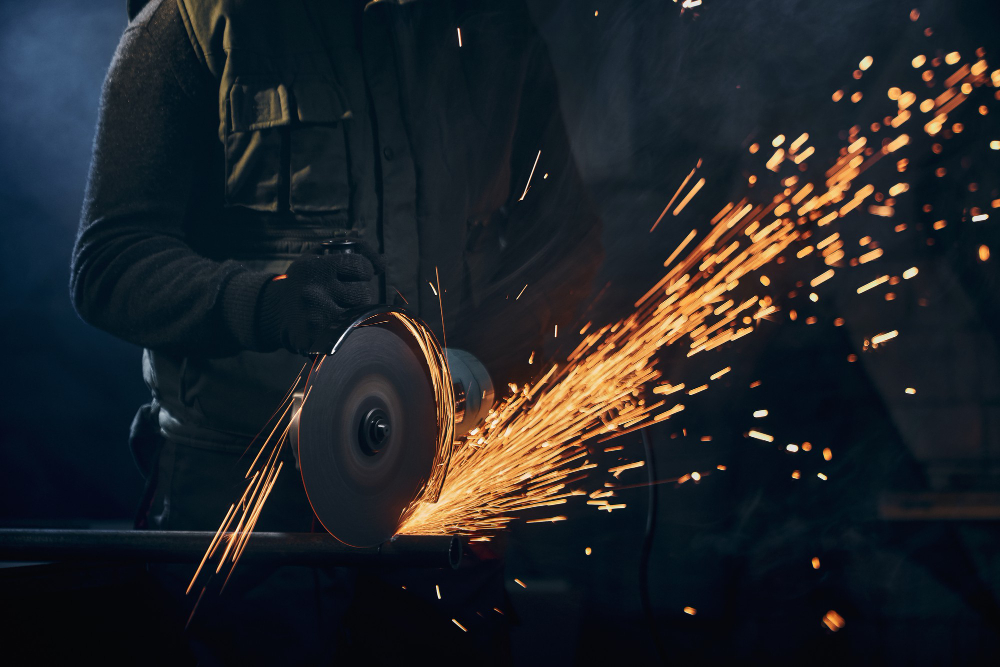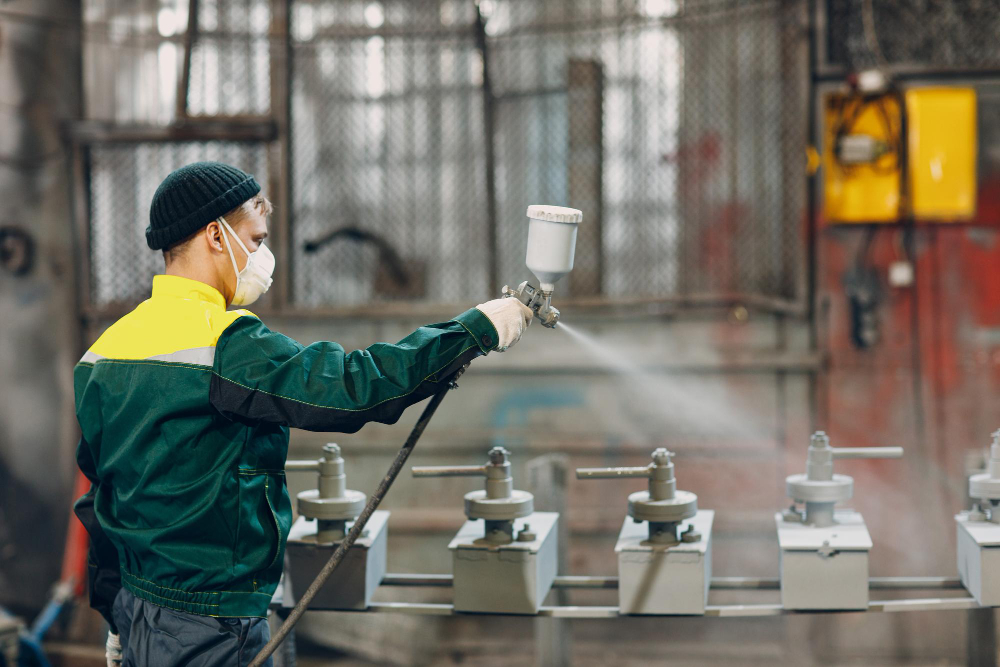Defend Against Erosion Corrosion: Unmissable Tips for Industry Leaders
This phenomenon occurs when both mechanical wear and chemical corrosion are involved, thus effectively corroding the surfaces of the metals involved and further leading to failure in equipment. Erosion corrosion is one of the primary challenges in industries dealing with metals under extreme conditions, such as oil and gas, marine, and chemical processing. With understanding of erosion corrosion dynamics, businesses will be able to maintain their assets’ integrity and save on the expenses for maintenanace.
At the practical level, we have therefore given recommendations for prevention of erosion corrosion in this guide equipping professionals to protect their investments and enhance their process efficiency. Whether the person is a facility manager, engineer, or maintenance professional, knowledge about effective strategies for corrosion control can help avoid serious losses and extend the useful life of equipment to safe and reliable operations.
Use of Corrosion-Resistant Materials
The best way to eliminate erosion corrosion is through using materials intrinsically resistant to wear and corrosion. Such materials as stainless steel, nickel alloys, and other high-performance materials are useful in protecting environments where erosion corrosion is likely to happen. The oxide layer formed on these materials is retained even under rigorous conditions, thus greatly reducing the possibility of metal degradation .
Optimize Flow Rates and Velocities
Protecting fluid flow velocity from erosion corrosion stays at the top. Fluid velocities that are too high can push up mechanical wear, stripping away protective films from the metallic surface. To this end, ensure that fluid flow is maintained at the proper speeds. This prevents erosion and affords an opportunity for restoration of protective films that can thereby reduce the impact of erosion corrosion.
Maintaining Regular Operations and Inspection
Routine scheduled maintenance and inspection would help find early signs of erosion corrosion. Visual examinations, ultrasonic thickness measurements, and other testing techniques for corrosion help detect where erosion might be occurring. Early detection helps in intervention, thereby preventing severe material damage. A planned maintenance schedule is quite important for extending equipment life and ensuring minimum repair expenses.
Use Protective Coatings
Protective coatings separate the metal surface from the erosive environment. Coatings of anti-corrosion type like epoxy, polyurethane, or ceramic coatings act as an additional layer to protect against erosion corrosion. Here, the coatings can tolerate the action of the mechanical forces preventing corrosive agents from contacting the metal to improve the lifetime of the equipment.
Alter Environment
Alteration of environmental conditions such as lessened turbulence or lowered temperatures generally decreases the incidence of erosion corrosion. High turbulence often causes the swift breaking off of protective layers on metal surfaces. Reducing turbulence or cooling the operating environment may well be able to mitigate the risk of erosion corrosion thus improving material durability in service.
Provide Cathodic Protection Systems
Cathodic protection is a well-verified system for the control of erosion corrosion, especially on pipelines and other metallic structures exposed to hostile environments. The idea is basically to connect to a sacrificial anode or to impressed current, which moves the corrosive process away from the structure. This kind of cathodic protection effectively reduces the relevant electrochemical reactions that cause erosion corrosion and, therefore helps preserve the material integrity over time.
Upgrade fluid composition and incorporate inhibitors
The fluid composition that passes through the metallic parts can be modified to mitigate erosion corrosion. Corrosion inhibitors, including chemical additives that hinder the reaction between the metal and corrosive agents, may be added in adequate quantities to significantly impede material degradation. Applying fluids with lesser particulate content or lesser corrosive nature also prevents aggressive wear on surfaces and minimizes erosion corrosion attacks.
Frequently Asked Questions
What is erosion corrosion?
Erosion corrosion is the accelerated degradation of metal surfaces caused by the combined action of mechanical wear (due to fluid movement) and chemical corrosion. This is commonly seen in industries where metals are exposed to harsh environments, such as oil and gas, marine, and chemical processing.
What industries are most affected by erosion corrosion?
Industries like oil and gas, marine, power generation, and chemical processing, where metals are exposed to extreme environments, are highly prone to erosion corrosion. Any system involving high-velocity fluids, such as pipelines, pumps, and turbines, can face this issue.
What materials can resist erosion corrosion?
Stainless steel, nickel alloys, and high-performance materials are recommended for environments prone to erosion corrosion. These materials have protective oxide layers that help resist both wear and chemical attacks.
How does fluid velocity impact erosion corrosion?
High fluid velocities can lead to increased mechanical wear, stripping protective films from metal surfaces. Reducing fluid speed can help retain protective layers and reduce erosion corrosion.
Closing Insights
This supplemental approach can safeguard materials for longer durations by erosion corrosion and can improve further service lifetimes in aggressive environments. CORCON Institute of Corrosion continues to provide consultancy services to the industries with awareness, prevention, and control measures for corrosion in India and worldwide. CIC also envisages working since 2014 towards the development of more effective corrosion protection methodologies and providing high-quality training programs for industry professionals.
Image Reference : Freepik
Disclaimer: All trademarks, logos, and brand names are the property of their respective owners. All company, product, and service names used in this website are for identification purposes only. Use of these names, trademarks, and brands does not imply endorsement.

